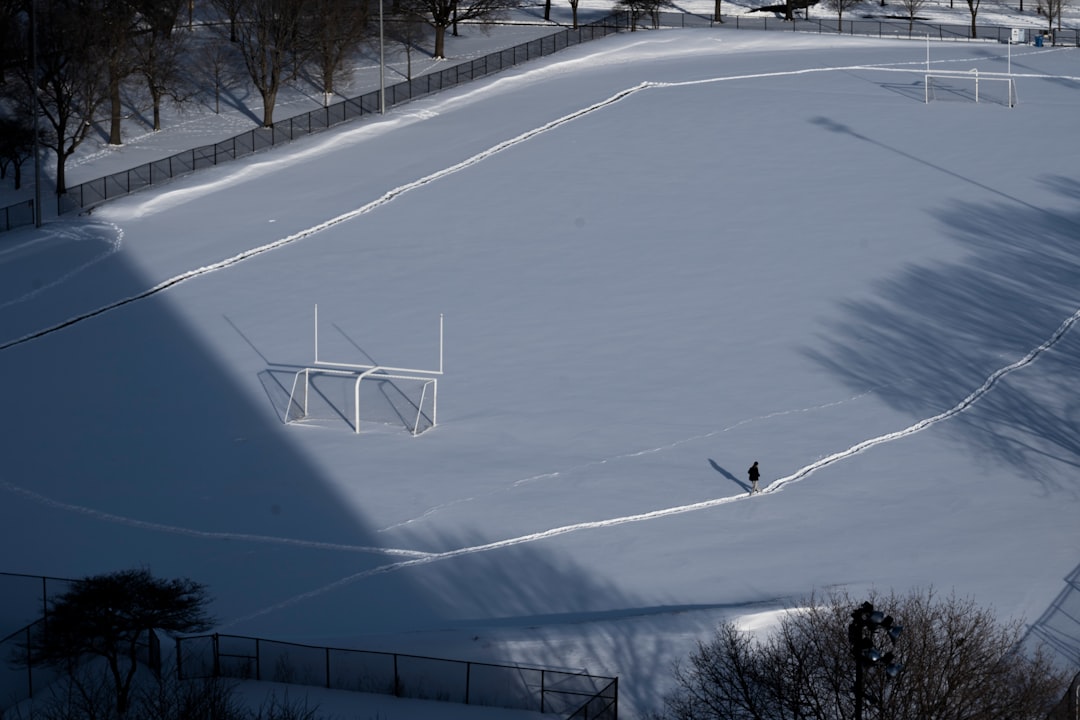Weather plays a significant and often underestimated role in shaping football betting outcomes. While punters consider team form, injuries, and head-to-head statistics, the impact of environmental conditions is sometimes ignored. Yet, weather can affect everything from player performance to match tempo and scoring patterns, making it an essential factor in predictive analysis.
How Different Weather Conditions Influence the Game
Each type of weather brings its own unique set of challenges and influences on how a game unfolds. Here’s a breakdown of how various conditions can sway a football match:
- Rain: Wet pitches can slow the ball and make passes less accurate. Defenders and goalkeepers are more prone to slips, increasing the likelihood of goals — especially from mistakes. It also disrupts well-organized, possession-based teams who rely on clean ball movement.
- Extreme Heat: Hot weather can affect player stamina and hydration levels. You’ll often see slower-paced games, more substitutions, and even hydration breaks. Teams with higher endurance or better fitness programs tend to edge out matches under these conditions.
- Cold Weather and Snow: In snow or freezing temperatures, the game’s physical intensity diminishes. Passing and shooting accuracy may suffer due to a harder ball and reduced visibility. Matches under these conditions tend to have fewer goals and more physical battles.
- High Winds: Wind can significantly impact the trajectory of both long passes and shots. Games in windy conditions often become unpredictable, affecting tactical strategies, especially those dependent on set pieces or aerial plays.

Betting Markets Most Affected by Weather
Several betting markets are particularly susceptible to shifts caused by weather. Understanding how to read these potential impacts can give bettors a strategic edge:
- Over/Under Goals: Rainy and windy conditions often lead to either more chaotic, high-scoring games or tightly contested, low-scoring affairs depending on the teams’ adaptability. Knowing the teams’ styles and how they handle adverse conditions can guide your over/under betting choices.
- Anytime Goalscorer: Slippery pitches can create unexpected defensive mishaps, increasing chances for poachers. Players known for being opportunistic can benefit and are smart choices in soggy or erratic conditions.
- Possession and Pass Accuracy Props: Rain and snow reduce a team’s ability to maintain possession and connect passes. If you’re betting on team stats, such as completion percentage, weather should definitely factor into your predictions.
Statistical Evidence of Weather’s Impact
Several studies and analyses have shown just how influential weather can be. For example, data collected from major leagues over multiple seasons highlights that:
- Matches played in heavy rain see a 15% increase in defensive errors.
- Hotter temperatures correlate with lower total distance covered by teams.
- In snowy or icy weather, the average number of goals per game drops by approximately 0.3 to 0.5.
Seasoned bettors often have access to advanced weather forecasts and use this data to adjust their strategy before odds shift. Being early to react to expected weather conditions can provide critical value in betting lines.
Team Styles and Weather Compatibility
Not all teams are affected in the same way by challenging weather. Tactical systems play a role. For instance:
- Teams dependent on short, precise passing might struggle in the rain.
- Physical teams with an emphasis on direct play and aerial duels often thrive in rough conditions.
- Clubs from regions with extreme climates may be more adapted to playing in adverse weather compared to those from milder areas.

Tips for Weather-Savvy Betting
Here are a few essential tips to keep in mind when factoring weather into your football bets:
- Always check accurate, hour-by-hour forecasts near kickoff time.
- Review historical performance of teams in similar weather conditions.
- Consider live betting, as sudden weather shifts during the match can completely alter its dynamics.
- Use statistical tools and databases that track player and team performance by temperature and precipitation.
Whether you’re a casual punter or a serious bettor, understanding how to factor in weather data gives you an analytical edge. By watching the skies as closely as you watch team sheets, you position yourself to make smarter, more informed football bets.